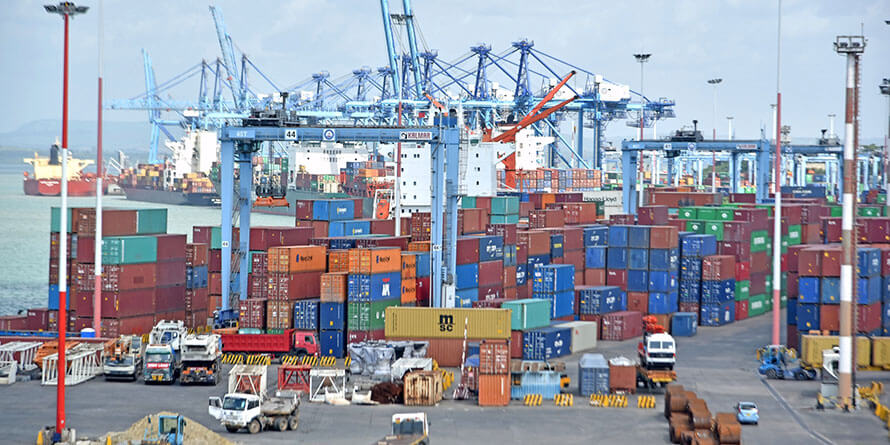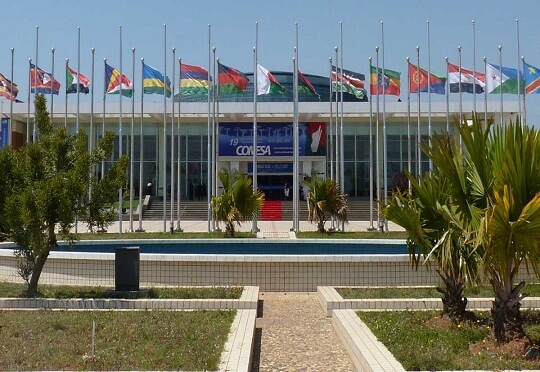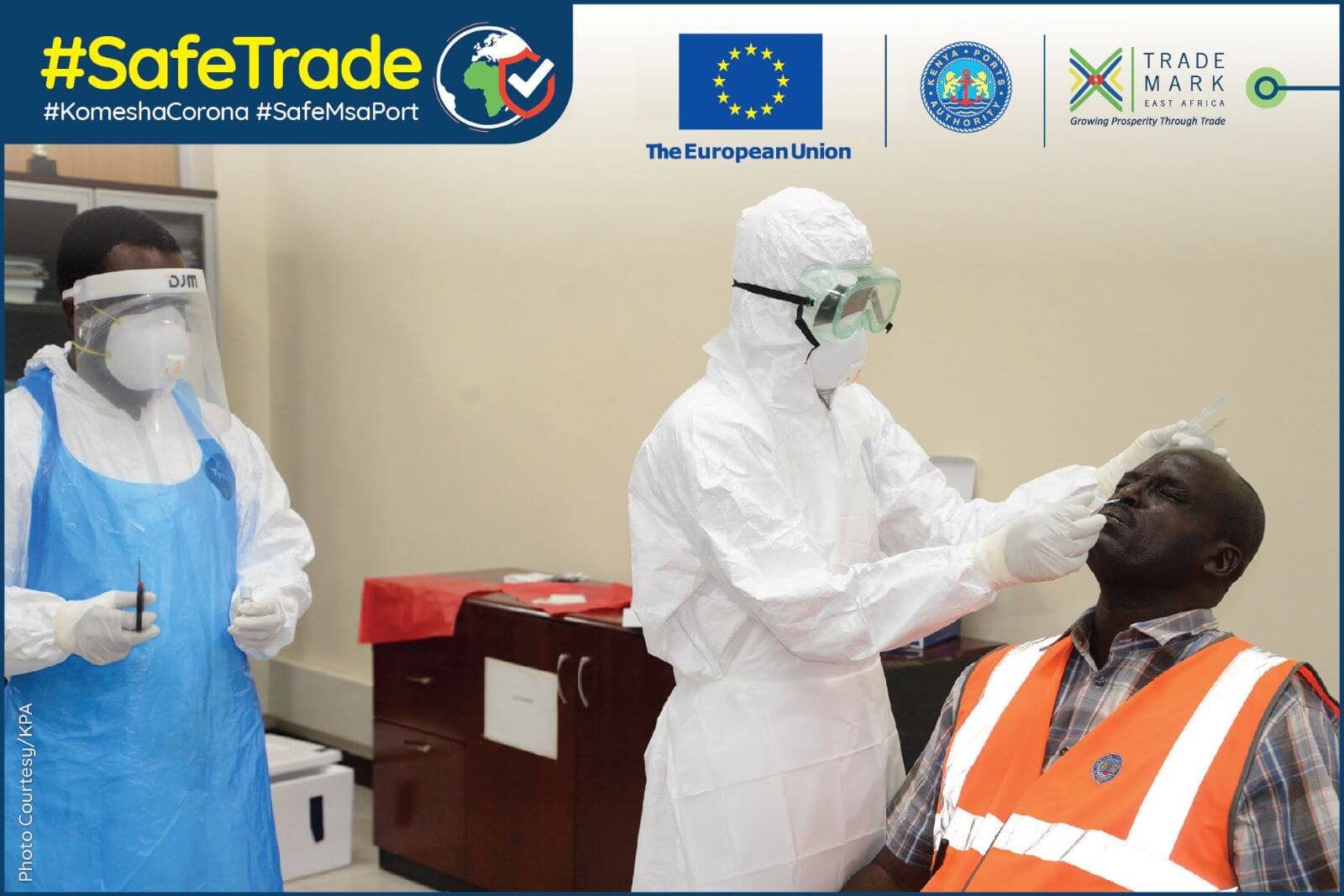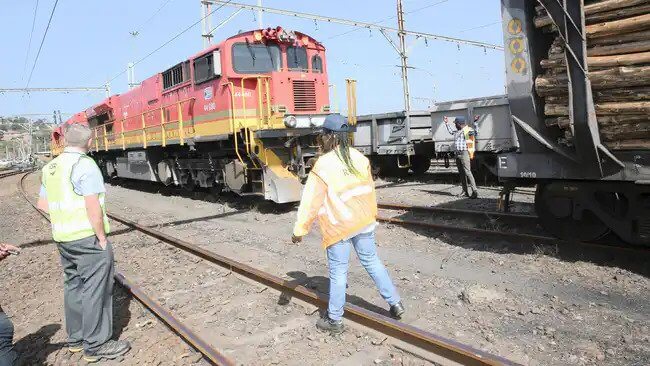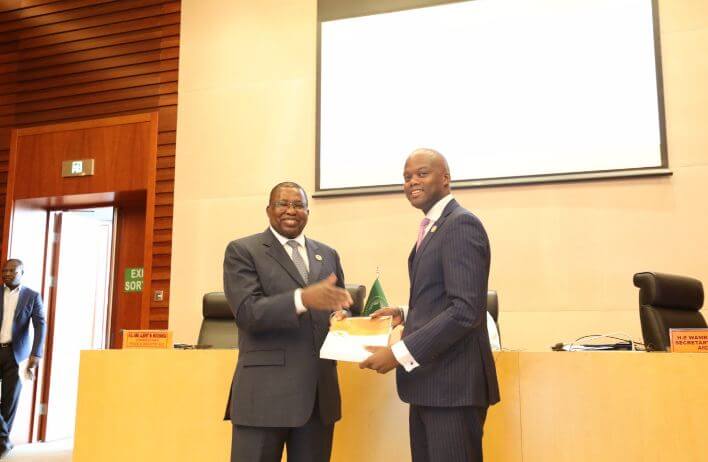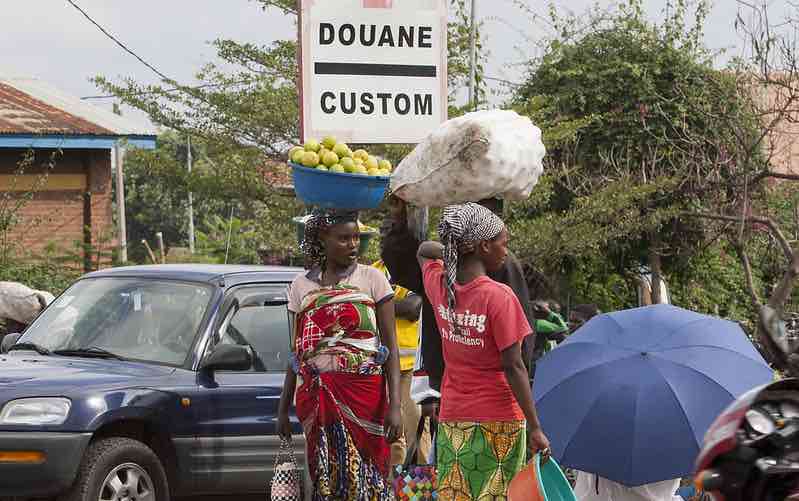The demand for air cargo on African airlines have dropped further in June compared to previous month, a new report by a global airlines trade association has shown. The demand, measured in cargo tonne-kilometres, for the African airlines contracted by 13.8 percent in June. The International Air Transport Association (IATA) data for global air freight markets shows that this was a weaker performance than the 7.3 percent fall in demand in May. IATA said the decline was attributed to the risk of increased spread of the coronavirus on the continent especially in the month of June, causing economic shocks to the lower and middle incomes countries. Analysts worry of a rampant spread of the virus due to weak health systems and adoption of prevention measures including social distancing in the continent’s overcrowded cities and slums. More than a third of Africa's population is said to lack access to adequate water supplies and nearly 60 percent of urban dwellers live in overcrowded slums - conditions where the virus could thrive. “African airlines reported a 13.8 percent year–on-year decline in international cargo volumes in June, up from a 7.3 percent fall in May,” IATA stated. “The Asia-Africa trade lane continues to grow swiftly (from 3.0 percent yoy in May to 20.1 percent in June), but the pandemic became more severe in Africa during June.” Some of the African airlines in cargo freight operations include Ethiopian Airlines, Kenya Airways (KQ), South African Airlines and RwandAir. And while the aviation industry was among the...
Cargo demand in Africa still falling on Covid-19 concerns
Posted on: August 24, 2020
Posted on: August 24, 2020

